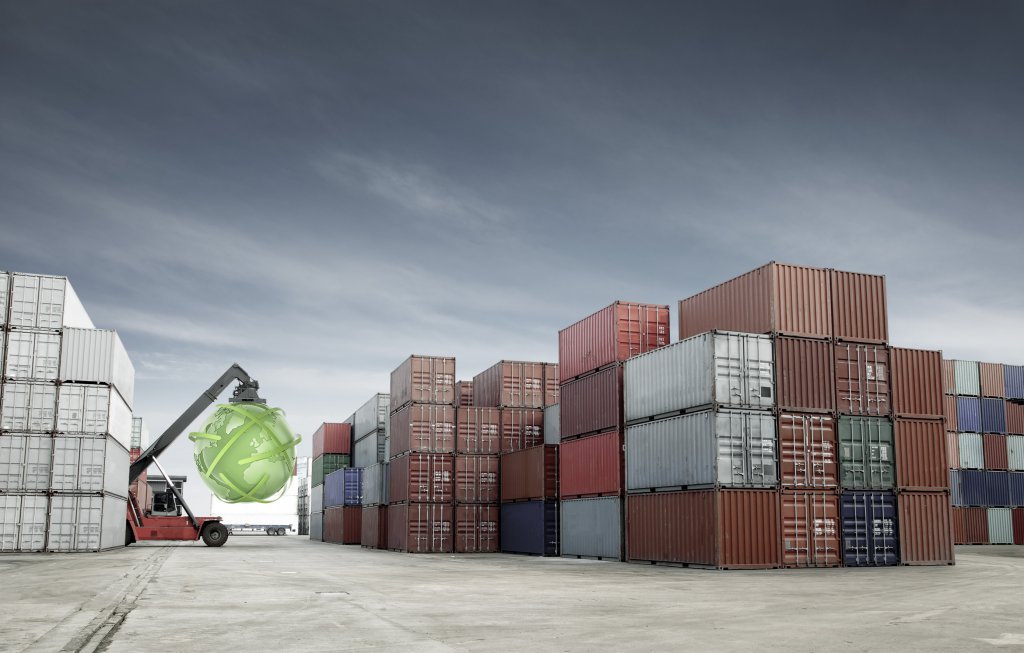Navigating the Complexities and Opportunities of FTAs and Preferential Trading
Multinational companies face moving complexities concerning customs compliance in their supply chains and import/export operations. Where many thousands of components are involved in a production line, for instance, ensuring compliance isn’t a static operational issue: every variation in a finished product may utilise different components sourced from disparate countries.
On the other side of the equation, organisations producing many products for worldwide distribution face similar complexity in export control, clearance processes and sovereign tax liability.
Compliance management is a significant cost centre, therefore, as an ongoing process, but also when an organisation is asked to produce detailed bills of materials, either for external audit, presentation to a potential partner, or as part of statutory requirements.
Trade agreements can significantly influence how the company operates, affecting purchasing decisions, delivery times, and end-user or customer experience. Handling the complexities of global border controls, customs and duties is best accomplished by dedicated software that’s continually updated to track the requirements of every geography. Using reputable and reliable sources of information, companies can see their existing liabilities (or implications of a proposed venture) and even file & pay duties automatically. Just being given access to objective and comprehensive information removes a great deal of the administrative burden that many companies have to bear.
By navigating policy measures like preferential rules of origin as part of free trade agreements, companies can source components more cost-effectively and quickly. They can compete much more effectively with an awareness of and ability to take action on international customs processes. Large multinational organisations rarely have full insight into their liabilities because they lack the in-house capability to navigate this complex area.
Without the insight from third-party experts like MIC, companies are also at significant risk of falling outside the terms of the various free trade agreements, thus opening them up to greater liability in the event of prosecution or retrospective claims for unpaid duties.
If goods move cross-border between countries without FTAs in place, non-preferential rules of origin still apply to determine the source of goods. The criteria for obtaining non-preferential origin status may differ from country to country, too (despite the best efforts of the WTO in establishing blanket policy). They can be affected by where nation states consider “substantial processing” of goods has taken place, for example, definitions that can be different for different categories of goods.
Using MIC’s origin calculation model, Magna Steyr got fast optimised calculations on the origin of goods based on complex bills of materials. The unique mix of top-down, bottom-up and accumulation calculations gave the company a significant advantage: “There are improvements and advantages regarding the preferential result due to measures such as sub-assembly calculation, partial preferential portion for certain components as well as usage of Free trade agreement-specific origin rules. Further MIC OCS would enable us to provide preferential calculation for additional production volumes.” Gerald Lorbek, Senior Manager Customs Compliance & Export, said.
Although large companies have established internal processes to fulfil their legal and trade obligations as importers or exporters, they usually lack the agility to change their suppliers quickly because of any such change’s legal and fiscal ramifications. Likewise, swift exploration of a new market is hampered by the same type of strictures and governance requirements.

Source: MIC Datenverarbeitung
The irony is that free trade agreements, for example, are often emplaced to create better trading conditions and reduce national and economic group boundaries, like the post-Brexit agreements between the EU and the UK. Extensive knowledge of FTAs and how they might affect trade can give organisations access to markets they had not previously considered and be able to choose trading partners with an eye on the best overall value. Without such knowledge, companies not only limit their options but can be in danger of unplanned costs and fines.
To help companies navigate this complexity and find new opportunities while limiting liabilities, there’s a useful, detailed white paper available[PDF] from the leading supplier of global trade management software, MIC Datenverarbeitung.
Head of Global Customs Management, Harald Boes, at ZF said: “When I look at the MIC OCS, there we have that kind of advantage calculation. This really makes it exciting because a mixture of a top-down and bottom-up calculation is really a game changer and brings up a lot more positive origin calculation results for our goods within the leading framework […] I think we’ve seen 15-20% more positive results, which is really fantastic.”
ZF continues to find more value as it automates specific processes connected to international trade. It uses direct customs filing with the German customs authorities’ system (ATLAS) at one of its subsidiaries and has plans to roll out this across its other multinational facilities.
For more information on finding the best outcomes when sourcing and producing goods for international trade, begin by reading this detailed white paper from MIC[PDF]. You can speak to experts who speak your language to learn more about the highly modular and malleable MIC Global Trade Management software solution.









